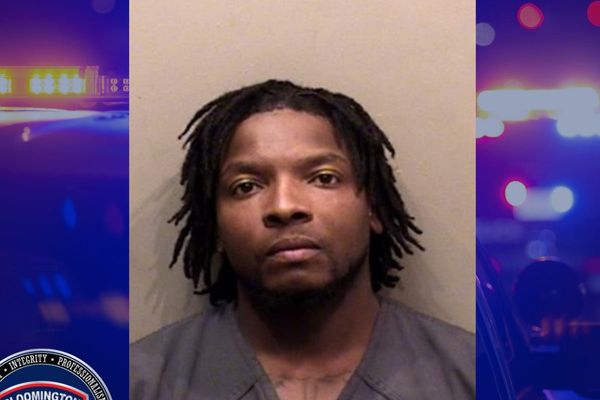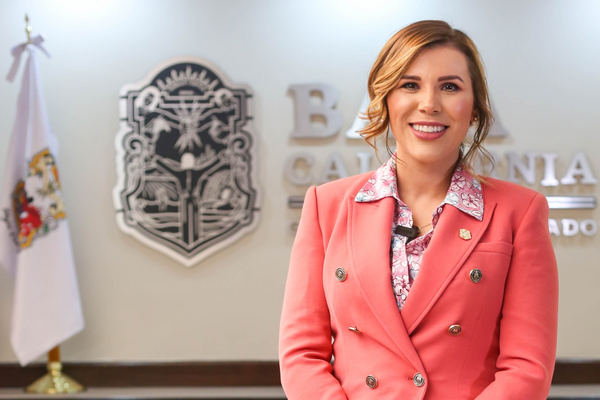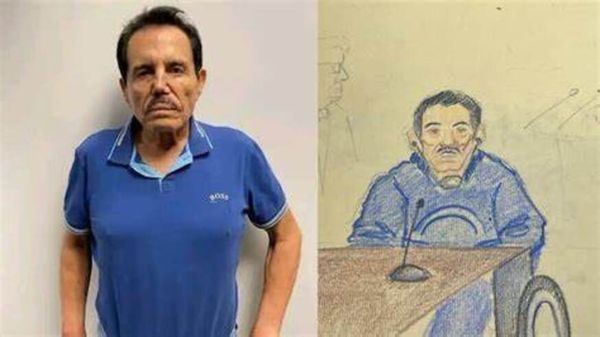In 1984, federal judge Jack Weinstein appointed a young attorney named Kenneth Feinberg to help mediate a complex legal case. The attorney excelled in his new role.
"I went overnight from being one of thousands of (Washington) D.C. lawyers to becoming unique as a mediator resolving thorny financial disputes," recalled Feinberg, 77. He never planned on this type of career. "I never thought it would be my life's work."
But Feinberg has spent the last four decades administering compensation for victims and survivors of seemingly every high-profile disaster or tragedy. Those include 9/11, the BP Gulf of Mexico oil spill, the Boston Marathon bombing and mass shootings at Virginia Tech, Sandy Hook Elementary School in Connecticut and a movie theater in Aurora, Colo.
He's considered the leader in this specialized field.
Build On Your Success Like Kenneth Feinberg
Back in 1984 when he was tapped by Weinstein, Feinberg, then 39, had already established himself as a rising star. A 1970 graduate of New York University Law School, he clerked for New York Court of Appeals Chief Judge Stanley Fuld. He also worked at the U.S. Attorney's Office in Manhattan and served as U.S. Sen. Edward Kennedy's chief of staff.
So when Weinstein, one of America's most esteemed federal judges, picked Feinberg as special master to settle a long-standing dispute between Vietnam veterans and the manufacturers of poisonous herbicide Agent Orange, it made perfect sense.
"If he were a painter or an artist, he would be the Picasso of the legal field," Weinstein said.
Get Up Close To Your Work, But Not Personal
In each assignment, Feinberg meets with individuals affected by these horrific events and decides how much money they will get from the company or government that provides the funds. It requires lots of empathy, stamina, dry-eyed clarity and commitment to the task at hand.
For Feinberg, controlling his emotions is a job requirement. He has spent countless hours in rooms with people who cried, screamed and struggled to cope with colossal loss.
"It's very important in my line of work to suppress some emotion and show a calm demeanor," he said. "In public, it requires tremendous discipline and professionalism. In private, I'll break down and sob."
Don't Shy Away From Tough Jobs
The magnitude of serving as the special master of the federal September 11th Victim Compensation Fund stands out among Feinberg's assignments.
"I was never fully prepared for 9/11," he said. "The role that George W. Bush and (Attorney General) John Ashcroft thrust upon me — it was a pivotal moment in my career."
Holding as many as 10 hearings a day and working pro bono, he spent 33 months mired in unspeakably tragic stories of loss. He wrote about his experience in his 2006 book, "What Is Life Worth?"
In 2020, Netflix released "Worth," a film based on the book. Actor Michael Keaton plays Feinberg.
"It does a pretty good job of conveying what we went through emotionally and how the country rallied around me," Feinberg said. He met with Keaton beforehand to share his experience, and how he related to victims, which helped the actor capture Feinberg's mannerisms and communication style.
Master Self-Control
As a mediator, Feinberg encounters a range of emotions. He has learned the benefits of self-control.
After the BP oil spill in 2010, he made repeated visits to Gulf communities decimated by the Deepwater Horizon explosion. He addressed packed audiences of angry residents.
"You gain a lot of credibility just by showing up," he said. "I confronted 300 people in a sultry, humid gymnasium. It was the lion's den, 300 against one."
He listened as enraged fishermen and hotel managers vented about their ruined livelihoods — and demanded immediate redress. He calmly explained how they could get compensated for their losses.
"Never respond in kind," he said. "You don't shout back. You explain what you can and cannot do with a degree of certainty and forcefulness."
Embrace Enduring Lessons
Feinberg has found that winning over skeptics takes time. He remembers some of the people affected by the BP oil spill yelling, "A lot of talk! Cut me a check right now!"
"Watch what I do in the next few weeks and you'll see how this works," he replied in a neutral but emphatic tone. As a result, he got them to put their faith in the process and let it play out.
"Then you have to back up your promises with delivery of the goods," he said. "If you buy time by explaining to people to watch what happens, you better make sure the money is flowing out in weeks."
It's all part of setting and managing expectations. In 2012, he wrote "Who Gets What," a book that delves into how he settled claims after calamities and forged agreement with aggrieved parties.
Recalling his five-year stint working for Sen. Ted Kennedy as special counsel (when Kennedy chaired the Senate Judiciary Committee) and then chief of staff, Feinberg credits his former boss with teaching him lessons on leadership.
"He taught me if you promise to do something, you do it," he said. "You don't waver. You don't change your mind. That has stayed with me for 50 years."
Share The Credit
Another lesson Kennedy taught Feinberg is to share the credit for triumphs. Kennedy would invite other lawmakers to bask in victory rather than hog the limelight.
"Make sure to acknowledge those who worked with you to get it done," Kennedy told Feinberg.
In 1975, Feinberg met another Kennedy aide, future Supreme Court Justice Stephen Breyer. Feinberg subsequently worked on an ambitious project to rewrite the federal criminal code.
"He'd ask Republicans, 'What do you think?' Then he'd listen closely to their answer and find any areas of agreement," recalled Breyer, who's now retired. (The criminal code reform passed the Senate but died in the House of Representatives.)
Know How To Listen
Reflecting on their long friendship, Breyer says he has learned from Feinberg how to keep quiet and listen.
"Be sure not to do too much talking," Breyer said. "You're more intelligent if you stop talking and listen to where the other person is coming from."
As an adjunct professor of law at Harvard, Georgetown and other top law schools, Feinberg often offers job advice to law students. When weighing a career move, they may seek Feinberg's input.
He urges them to ask themselves, "What's the alternative? If you don't take Avenue A, what's B?"
"Contrasting a decision you might make with the alternative can be extremely helpful," Feinberg said. "It helps accelerate the decision-making process when you understand the contrast between A and B."
In any case, he reminds young people not to crane their neck into the future and assume they will travel down a certain path and reach their goal. He has seen too many people whose plans were torn asunder by cruel fate.
"Life has a way of throwing curveballs," he said.
Ken Feinberg's Keys
- Hailed as "the Picasso of the legal field," Feinberg has administered compensation for victims and survivors of events such as 9/11, the BP Gulf oil spill and mass shootings at Virginia Tech, Sandy Hook and Aurora, Colo.
- Overcame: Harsh public treatment following catastrophes prior to dispensing payouts.
- Lesson: "Contrasting a decision you might make with the alternative can be extremely helpful. It helps accelerate the decision-making process when you understand the contrast between A and B."







